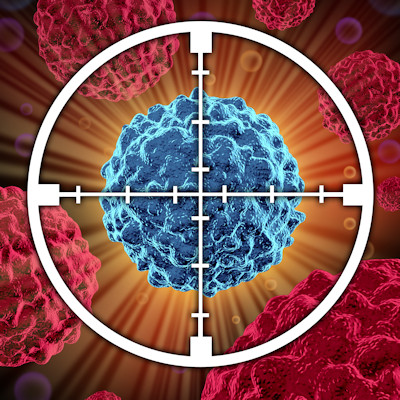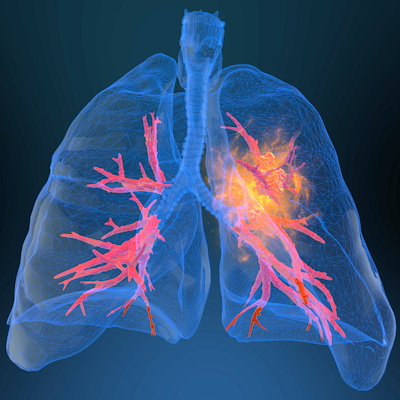June 23, 2023 -- Evidence from a small-scale clinical trial suggests that a variation of the blood cancer immunotherapy chimeric antigen receptor T-cell (CAR-T) could be adapted to treat myasthenia gravis (MG), an autoimmune disorder of the nervous system.
The modified CAR-T therapy offers the potential for a longer-lasting reduction in MG symptoms and was well-tolerated without significant adverse effects, the National Institutes of Health (NIH) said.
The study, published in the Lancet Neurology, was supported by a small business grant from the National Institute of Neurological Disorders and Stroke (NINDS), a part of the NIH, and sponsored by Cartesian Therapeutics, Gaithersburg, MD.
"Repurposing a groundbreaking therapy such as CAR-T to potentially treat a neurological disorder shows the versatility of immunotherapies in instances where there are limited to no treatment options," Emily Caporello, director of the NINDS Small Business Program, said in a statement.
MG is a chronic autoimmune disorder most often caused when the body's immune system attacks a protein found where nerve cells communicate with muscles. The disease is marked by muscle weakness that worsens after periods of activity and can improve somewhat after rest. Current treatments focus on controlling symptoms, primarily muscle weakness.
In the study, 14 people with generalized myasthenia gravis received varying doses of a modified form of CAR-T therapy, known as Descartes-08, targeting the cells responsible for producing myasthenia gravis-causing antibodies. The ideal dosage was determined to be once weekly for six weeks.
Early data on the effectiveness of the treatment are promising, but additional clinical studies are needed to evaluate the therapy's efficacy.
Three patients receiving Descartes-08 showed complete or near-complete elimination of their symptoms, which continued six months following treatment. Two others no longer required chronic intravenous immunoglobulin treatment, which is currently used in some severe MG cases.
Copyright © 2023 scienceboard.net










